Nancy Pelosi is considering a visit to Taiwan which Col. Lawrence Wilkerson calls a needless provocation that undermines the policy of “strategic ambiguity”. It makes U.S. China policy even more dangerous.
Col. Lawrence Wilkerson
The U.S. policy, with regard to China, and particularly with regard to Taiwan vis-à-vis China, as I see it today, is particularly dangerous. I’m encouraged to a certain extent, a very tiny little extent, really, but nonetheless encouraged by the fact that I picked up my phone this morning, clicked on, and saw in the New York Times overview that [Joe] Biden has essentially said that Nancy Pelosi shouldn’t go to Taiwan. That is a small thing, but at least it’s indicative of maybe the President’s understanding that we are in a very perilous situation vis-à-vis Beijing right now in Taiwan and that we shouldn’t exacerbate it.
She would take a whole delegation with her, and as I remember, she would be the highest, in that sense, she’d be the highest Americans to go to Taipei in a long, long time. That’s not good because that’s just sticking your finger in Xi Jinping’s eye and twisting it. We’ve been sticking our fingers in his eyes for some time now.
People like Richard Haass, my former boss, saying that our policy now should be strategic clarity, not strategic ambiguity. I’m sorry, Richard, that’s stupid. Very stupid. It’s worked for a long time. It can continue to work for at least another decade or two, and that’s a decade or two without war and without China using force to reclaim Taiwan. Strategic clarity, as Richard Haass would have it is, we will fight you to the death if you take over Taiwan. Strategic ambiguity is we recognize that there’s only one China. We recognize that you are that China, Xi, but we also ask you to refrain from the use of military force against Taiwan. That’s strategic ambiguity, and it’s worked. Even worse than that, I think it would be making it NATO status and sticking your middle finger up at Beijing at the same time. I think the policy should continue as a very successful strategic ambiguity.
Now, I’m with Richard on the point that this can’t go on forever. I think I’m back with Henry Kissinger, Richard Nixon and Ambassador Freeman and others who would say— I’m putting words in their mouths, of course, but I think they would say, well, eventually China and Taiwan will reunite. It’ll be peaceful, and it will be forced— not forced— but it’ll be compelled, let’s put it that way, on them by the fact that they are so close economically and financially. They’re like lips and teeth, to borrow another Chinese phrase.
They are so close together right now, economically, that I tend to think that is the main ingredient of them not fighting. In other words, China not using military force. It would be inimical to the economic relationship, which is quite strong and quite powerful. If we make Xi Jinping see it otherwise, see taking Taiwan back as a matter of honor, so to speak, and saying to hell with the economic relationship, then that obviates the whole process and obviates the whole strategic ambiguity. That’s the reason I don’t like this strategic clarity business because sometimes you look at history and you think, well, why did that happen? Why did those people start that war? It’s more over leaders’ prestige, leaders’ feelings, leaders’ emotions and leaders’ concept of what’s happening to them and to their country than it is concrete reasons for using military force. So you don’t want to put someone in that position.
This Pelosi visit would just be a slap in the face, two slaps in the face. I hope Pelosi is smart enough, I don’t know that she is, to save some face, maybe a little bit, but to postpone the trip as she did once before, because of COVID. But that’s a dangerous thing to do. Once you get there, you have a choice to make if you’re Washington. I don’t think China would do it by brute force. I think they would simply do it by innuendo and threat. They would call up the current leadership, and they would say, look, we’re going to finish you. If you don’t do what we want you to do in these stages, say, over ten years or whatever, and you don’t make it public that we are taking these steps over the next ten years, we’re going to end you. We don’t give a hang about the United States. Whether they come in or they don’t come in, we’ll sink in a couple of carriers, and they’ll be very reluctant to do anything further. Wow, that’s crazy, too, because you sink a couple of carriers and then we’re in for a penny and for a pound.
So this is just a terrible, terrible way to do business. The strategic ambiguity was working. Why mess with it? Let’s keep hoping that eventually, economic ties and the strength of those ties move Taiwan and China, the mainland, together to the extent that it is, in effect, a rapprochement and rejoining, if you will, of the final state. Although Tibet still sits out there, Xinjiang province is still giving them all kinds of problems too. Taiwan is the festering one and the one that would drag us in very rapidly, and that’s the one that needs to be handled with finesse. Unfortunately, we don’t do finesse very well anymore.
What’s driving Nancy Pelosi to visit Taiwan? The midterms. Anything to get some publicity, to get some notoriety, even to get more bonafides in the security business, which the Democrats still trail the Republicans in; that’s the reason. I hope that it’s not serious enough to where she won’t revamp and revise her schedule.
I don’t see the Taiwanese being that stupid either. They have been fairly receptive. This current government has been fairly receptive to this strategic clarity business. I think, at the end of the day, they understand, too, that you don’t want to go too far with this because even if we were to quote, “win”, unquote, with regard to Taiwan, Taiwan would be destroyed.
[powerpress]
[simpay id=”15123″]
“Lawrence B. Wilkerson is a retired United States Army Colonel and former chief of staff to United States Secretary of State Colin Powell.”
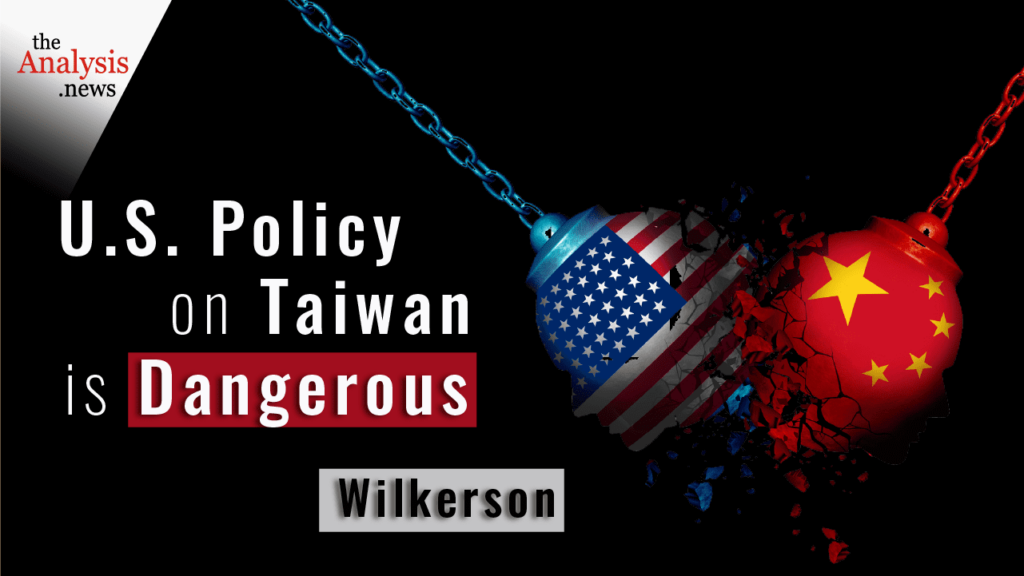
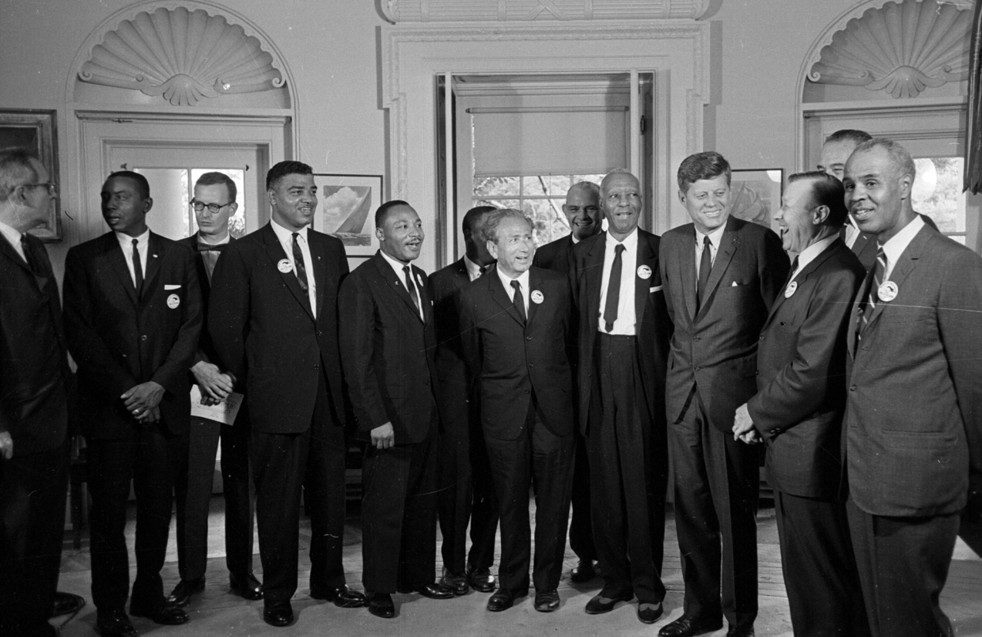


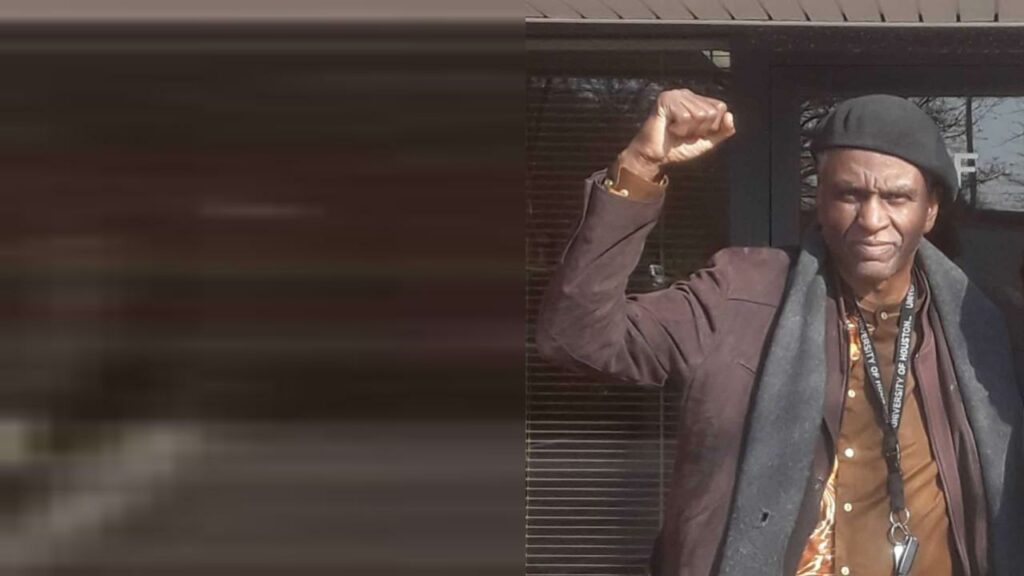
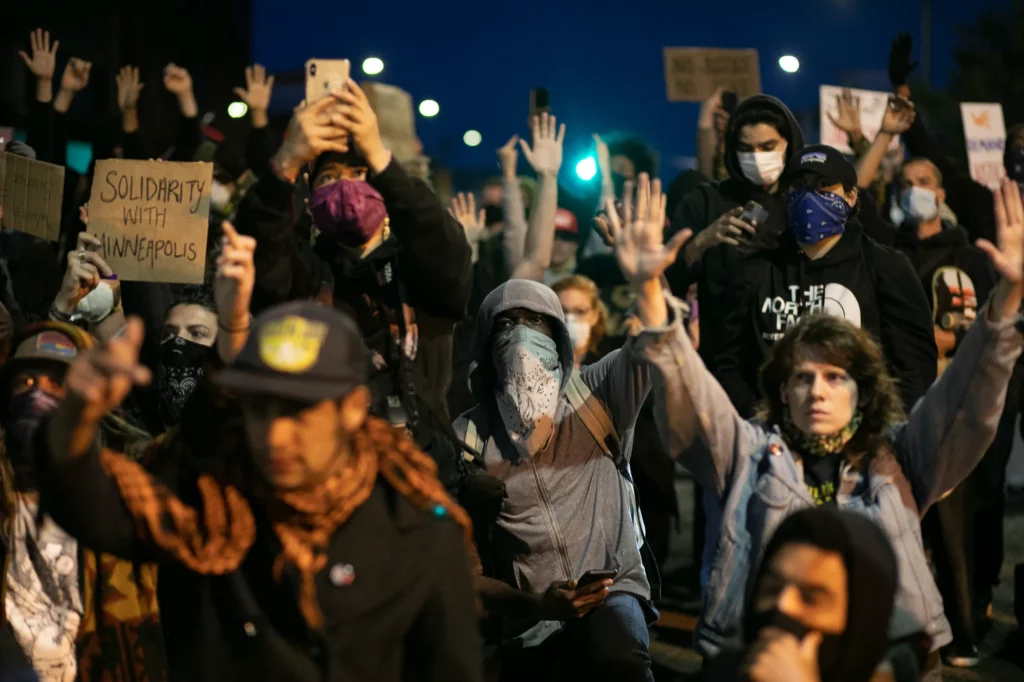



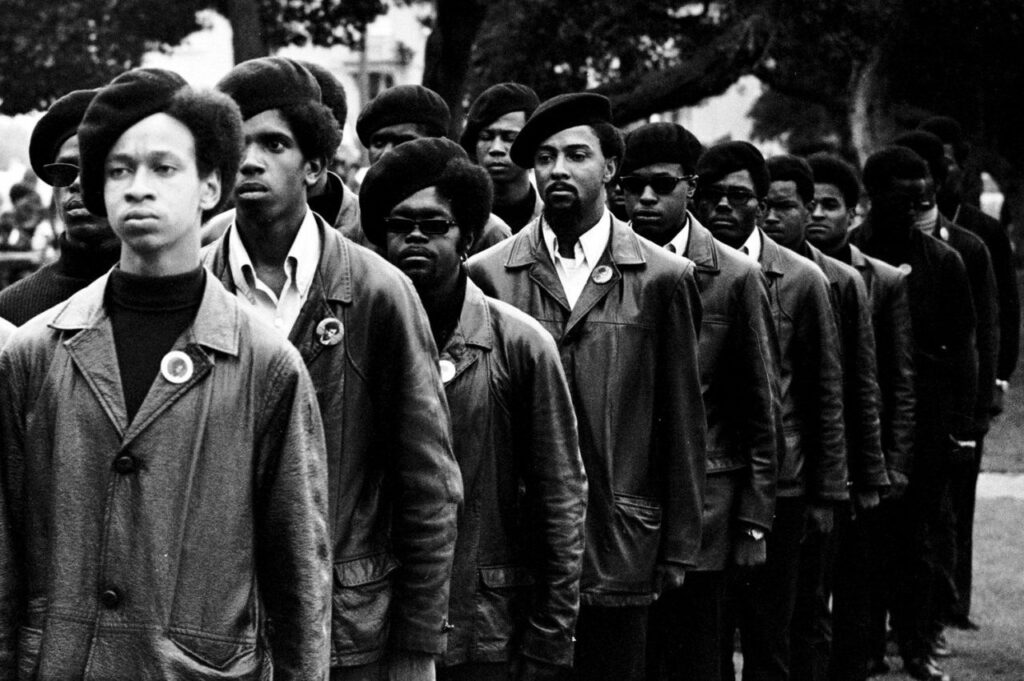

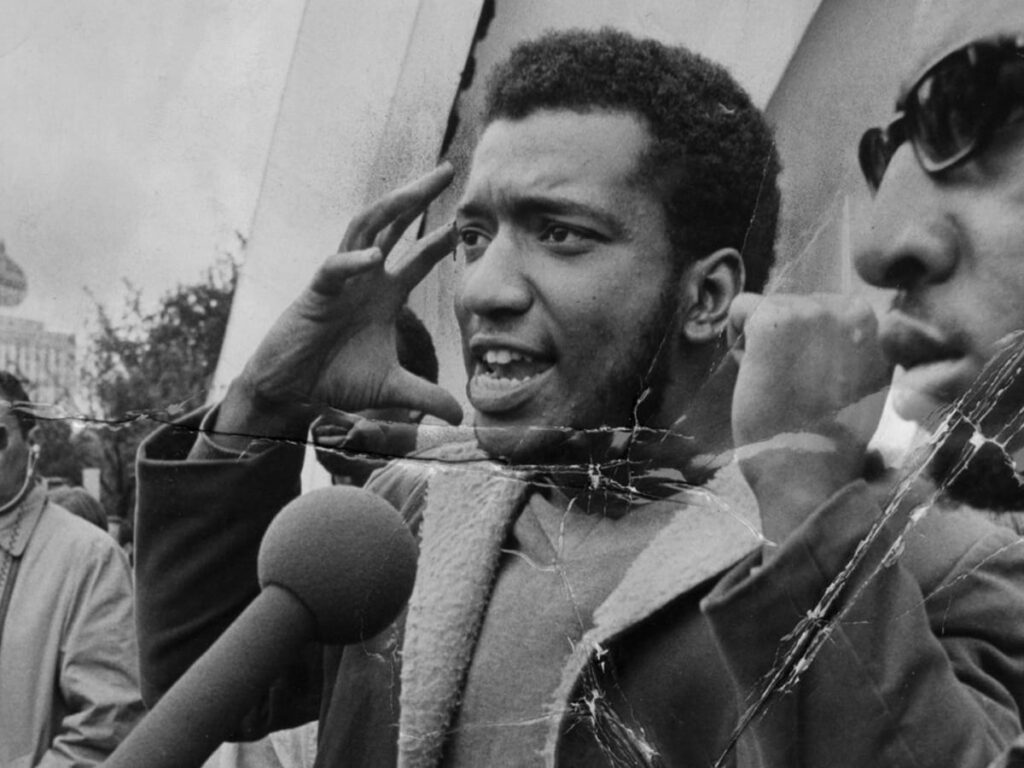
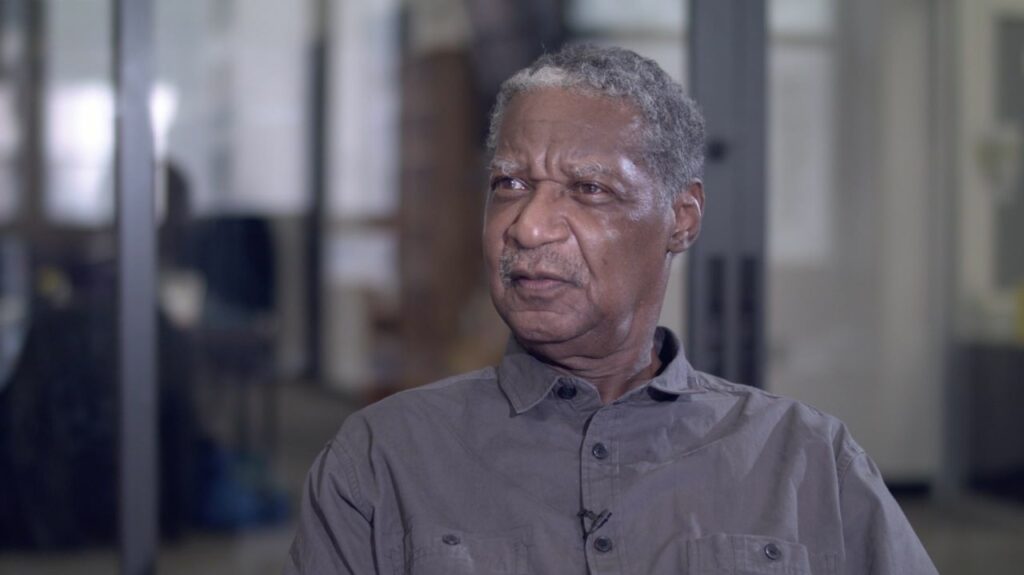
The Taiwanese couple I know have a deeper appreciation of “freedom” in its many expressions than you seem to appreciate. The Red China hold on Taiwan often brings distress, such as the rules regarding vaccination and Covid 19. [They’re eager to come to NY where they own an apt., but hope they don’t die of covid beforehand.]
I admit I’m very biased. I also knew the family of the Chinese man who represented China in the UN before Mao took over. He was understandably bitter. Of course, I read…, but knowing real people personally involved teaches us about the impact autocrats have on the humanity I can relate to.
I can understand Russia’s suspicion about Ukraine and reaction, but this is too much. How can a visit from a probably lame-duck member of Congress threaten China. I would be accepting of China’s reaction if it were weapons we were shipping, but a visit by someone in the government – that is bullying, and if we knuckle under at the mention of a simple meeting, it seems like a bad precedent.
When Wilkerson says the Strategic Ambiguity has worked for a long time … worked how? China took over and went back on their word about Hong Kong. Then there is the Covid thing, who knows where the blame for that falls, but the US certainly did not manage our part of it well. Then there is the building the artificial island military bases in the South China Sea. Is that what he calls working, because it seems like every time China does something and there is no pushback, they get bolder.
I happen to think that Russia and China as super-powers both deserve the same respect that America demands, and in the case of Ukraine that was America provoked, but the situation in China is difference.
Imagine a well-meaning and harmless person decided to visit your unoccupied vacation cottage on a small island in Nantucket Bay. It has been your family’s since before the American Revolution and Pres Washington said he recognized it as theirs before he left office. The visitor doesn’t ask you if you would mind – for just a few days. He and a few friends charter a boat, and they take off for a summer weekend. They bring their own linens, food and even supplies to clean-up right before leaving. Nice folks! They just didn’t think they needed to ask because they are all such fine people. There wouldn’t be anything wrong with that, now would there?
I can imagine a lot, but I cannot imagine what the point of that comment was supposed to make?
Like I said, and maybe got deleted … I can imagine a lot of stuff, but I can’t imagine what that comment is supposed to mean.
Putting forth a vague attempt at a condescending metaphor is not a substitute for a reasoned argument based on facts.
How about another try at making an actual point please?
Let me recommend that you read the recent article in Jacobin magazine entitle “We Shouldn’t Underestimate the Incredible Danger Posed by the Taiwan Crisis” by Lyle Goldstein, a researcher on Chinese and Russian strategic military development who taught at the US Naval War College for twenty years, and who is fluent in both Russian and Mandarin. I was raised in Taiwan and lived under martial law for my entire childhood all the while being taught to fear Communist China. The only viable path forward is one of diplomacy.
Paul, if you read these comments, please consider interviewing Goldstein who authored a book in 2015 which is still relevant today entitled “Meeting China Halfway: How to Defuse the Emerging US-China Rivalry.”
Many Americans who were not politically mature or maybe not even born by 1949, do not seem to know that Chiang kai-shek and his fleeing Nationalist army came to Taiwan from the mainland, not by invitation but as occupiers. They simply overwhelmed the existing locals who governed Taiwan since the Japanese were defeated in 1945 and installed themselves as the rulers of Taiwan during the Chinese civil war. The local population did not Chiang but had no choice!
Sadly, people seldom have a choice of who governs them. Usually, they prefer their own government to one that lands on their shores, even one that declares it comes to bring freedom and democracy, all the benefits of “die neue Ordnung” (rules based order!)
> The local population did not Chiang but had no choice!
Different powers, even European powers, ruled over this island at times. Same with many places on Earth. Japan was there and held Formosa through WWII. Japan built infrastructure. So are you trying to say that no one has the right to rule Taiwan. Do you have a plan for putting force behind that ideal?
You are all over the place with that comment, but what I don’t hear is an actual belief as to what you support, just a vague rejection of reality because it is unpleasant. It is.
So do you think the World can and should do something about Taiwan and China? Does China have a right to absorb Taiwan or not? What if they do?
Strategic Ambiguity is an oxymoron.
In spite of what CNN and MSNBC continue to lecture us on motivations we have no idea what drives Xi or Putin anymore than we can fathom Mao, Stalin or Putin.
What is not in dispute; but seldom said; is that lacking wit and creativity, authoritarian leaders will stir up nationalism when their grip on power is slipping and when this happens it’s a dangerous time.
…but how did we get to a point where the president of the USA cannot take a call from a democratically elected leader or the speaker of the house; while it’s OK for the CCP to fortify islands belonging to other countries and threaten the lives of 40m people ?
I would rather hear what the Dalai Lama as to say… although he too will not visit Taiwan.
Strategic Ambiguity is just another 2 words for ‘we have no clue what to do….’
Here’s Pelostine’s upcoming speech to the Taiwanese: https://youtu.be/5dT2Z6383m8
US policy everywhere is dangerous. We are led by fools. At the moment, our neocons are pitting us, not just against China and Russia, but also against their alliance with Turkey and Iran. An alliance between Turkey and Russia will give the Russian Navy control of the eastern Mediterranean. Our country will soon be isolated, because the people of Europe will see that their problems are “Made in USA”, about all that is made in USA these days.